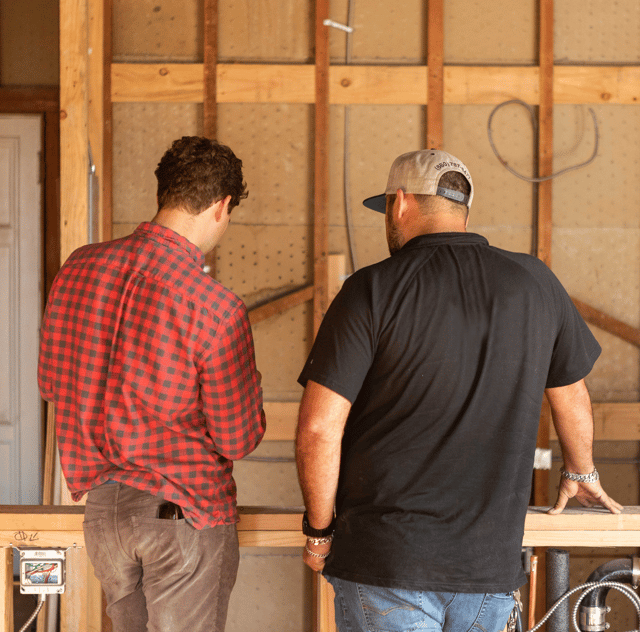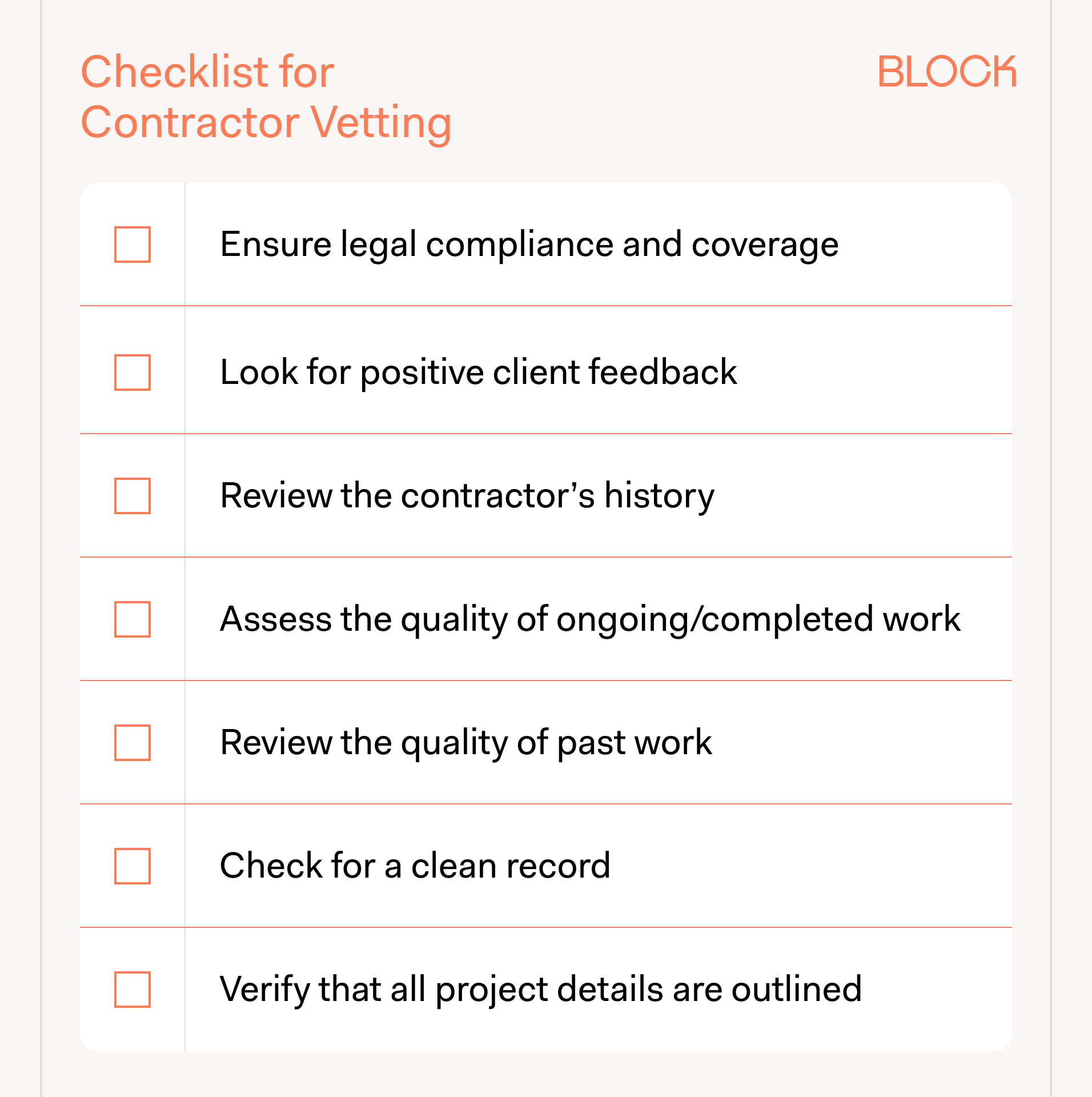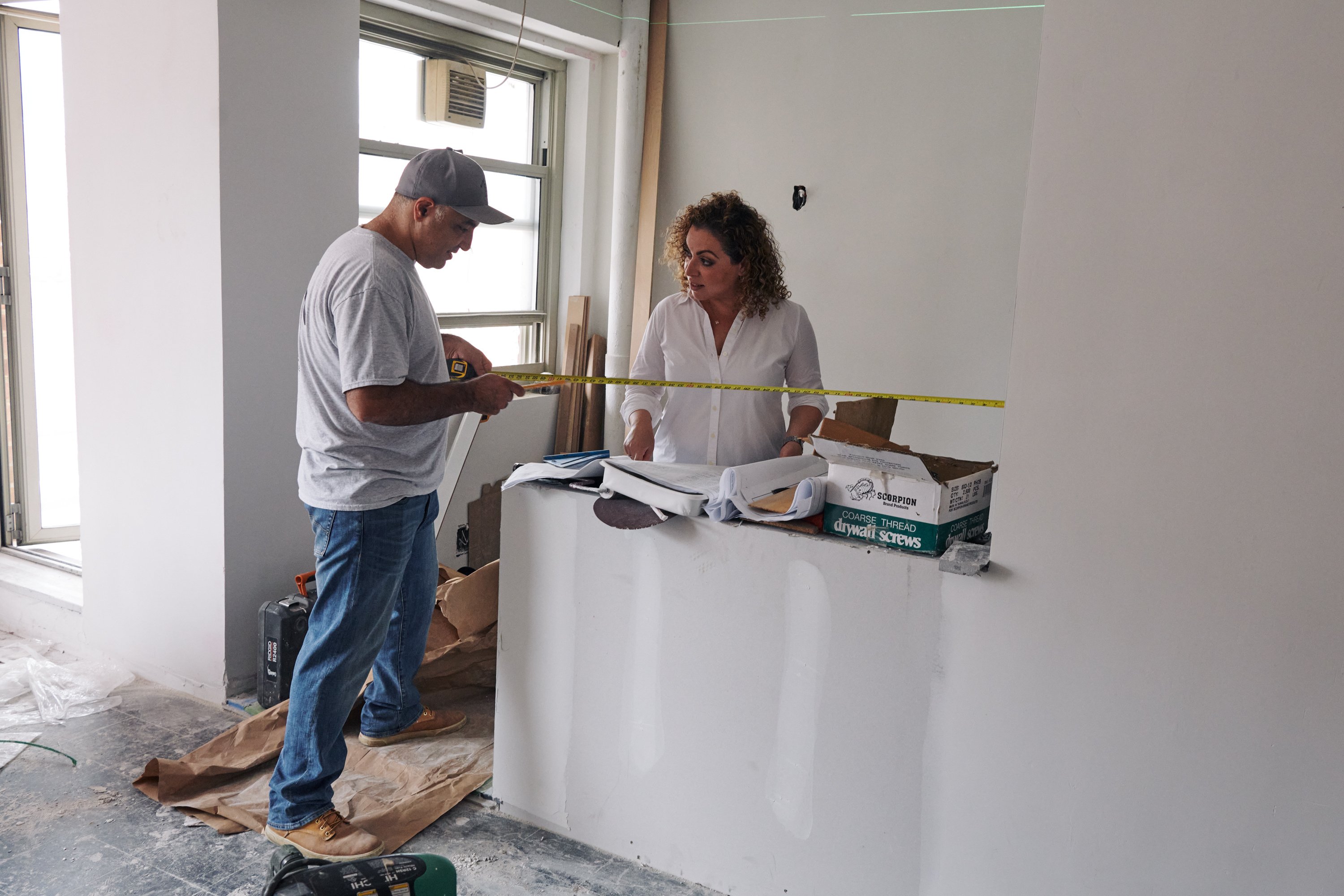.jpg?width=640&name=b97c58e1-30d5-4c11-980a-d6a4a41b7b30%20(1).jpg)
Working with Contractors
Labor Costs to Remodel Your Bathroom
01.06.2026
Our New Year savings event is here: Get up to $6,500 off your project today (terms apply).


In This Article
When it comes to home renovations, finding the right contractor is like searching for a needle in a haystack. Trust is everything, and at Block Renovation, we take that seriously. We know that homeowners often don’t have the time or resources to dig through piles of contractor applications, much less research and vet dozens (or even hundreds) of options. That’s where we step in. Our thorough, multi-week vetting process ensures that only the most reputable and skilled contractors join our network. Let’s dive into how we find and vet these top-notch professionals.
Turn your renovation vision into reality
Get matched with trusted contractors and start your renovation today!
Find a Contractor
We cast a wide net to discover great contractors, whether they find us or we find them. Here are the three main ways we connect with potential contractors:

Vetting a contractor isn’t a quick and easy process. It’s thorough and takes time because we want to ensure that our homeowners get only the best. Here’s how we do it:
This contractor vetting checklist from Block outlines key steps homeowners should take to ensure they're hiring a reliable professional. It covers essentials such as legal compliance, project quality, past performance, and client satisfaction to minimize risk and ensure peace of mind.

Learn More: How to Prepare for a Site Visit with a Contractor
Joining the Block network isn’t for just any contractor—it’s for the best of the best. We’ve set the bar high to ensure that every contractor in our network meets our stringent standards, giving homeowners the peace of mind that their renovation project is in capable hands. Here’s what we require:

Getting into the Block network is just the beginning of a contractor's journey with us. We believe in setting our contractors up for success right from the start, so we’ve developed a robust support system that kicks in as soon as they’re onboarded.

Joining the Block network offers contractors more than just the prestige of being part of an elite group—it provides tangible benefits that help them grow their business and streamline their operations.
By building a network of the best contractors, we’re able to work towards long-term partnerships that benefit all parties. If you’re a contractor wanting to grow your business and work with a company that values quality and integrity, Block is the place for you. And if you’re a homeowner ready to start your renovation journey, Block is here to connect you with the best contractors in the business.

Written by Block Renovation
What is contractor vetting?
Why is it important to vet contractors?
How can I find potential contractors?
What should I look for when researching contractors?
What documents and credentials should contractors provide?
What are common red flags during the vetting process?

Renovate confidently with Block
Easily compare quotes from top quality contractors, and get peace of mind with warranty & price protections.
Thousands of homeowners have renovated with Block

4.5 Stars (100+)

4.7 Stars (100+)

4.5 Stars (75+)
.jpg?width=640&name=b97c58e1-30d5-4c11-980a-d6a4a41b7b30%20(1).jpg)
Working with Contractors
Labor Costs to Remodel Your Bathroom
01.06.2026

Working with Contractors
How to Hire a Contractor for Bathroom Remodels
12.29.2025

Working with Contractors
Six Alternatives to Angi (Formerly Angie’s List)
12.19.2025

Working with Contractors
The Block Way of Renovating: A Complete Homeowner’s Guide
11.24.2025

Working with Contractors
Steps to Vetting a General Contractor
11.04.2025
Renovate confidently